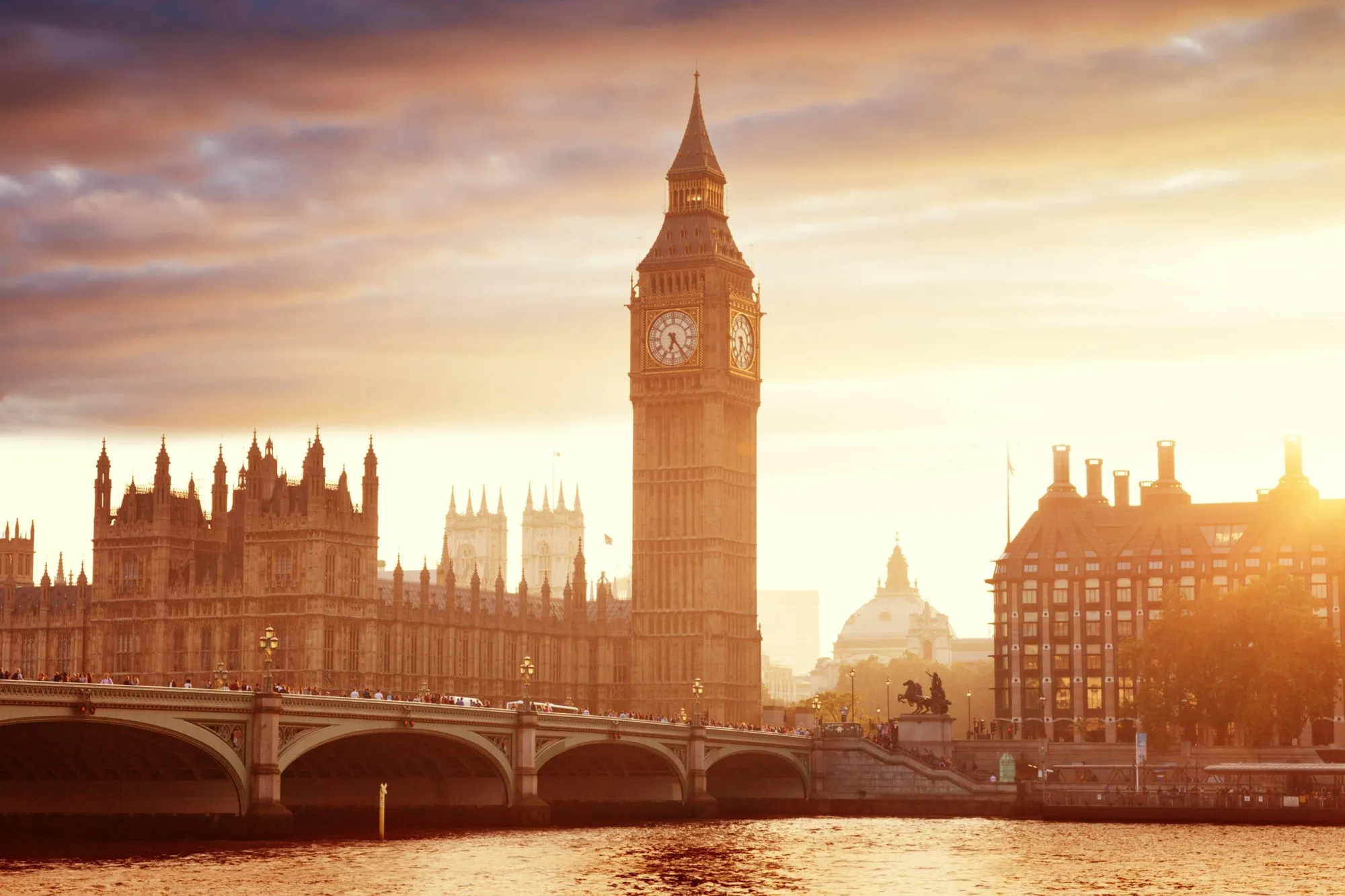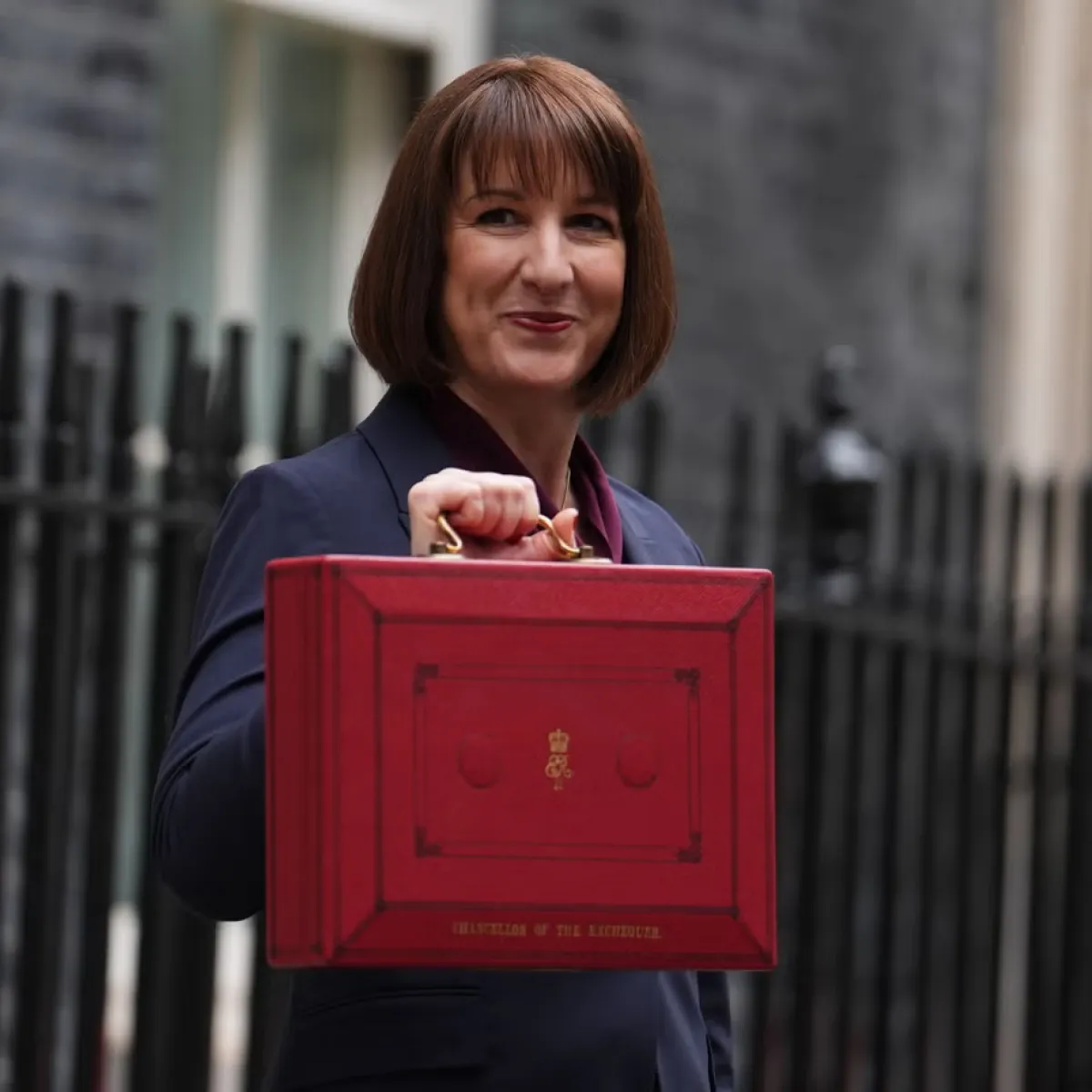This website uses cookies. Learn more
First published in Political Capital - our weekly public affairs and polling news drop.

We recently attended both Conservative and Labour Party Conferences - here are our 10 key insights covering policy, personnel, and potential problems for each party, as well as a hint of what we can expect between now and the next general election.
01
Business leaders were heard to make pleas to Shadow Ministers, if they win the election, to tackle the "silo" culture government departments seemed to work in. Evidence of better joined up decision-making across Whitehall would demonstrate Labour is serious about being "the party of business”.
02
Sarah Jones’s role as Shadow Minister for Industry and Decarbonisation makes her the de facto number 2 in both Johnny Reynolds’ and Ed Miliband’s teams. The aim is to have a more joined up approach between the business and environment teams and ensure policies work for both industry and consumers. It is also aimed at tempering any extreme environmental policies that might not be palatable to industries.
03
There were discussions at Tory Conference about the need to move on from the post-financial crash consensus of (small ‘c’) conservative financial regulation. Andrew Griffith, Economic Secretary to the Treasury, focused his appearances on arguing for a ‘balance’ in City risk-taking, following the ‘knee-jerk reaction’ after the ’08 crash. While some Tories might be keen, Labour will be concerned about signaling an unravelling of financial regulations, where minds would inevitably turn to the disaster another crash would be in the current economic environment.
04
A wide-reaching reshuffle is due to take place ahead of the King’s Speech which is likely to see the demotion of Therese Coffey with Mark Harper mooted as a possible replacement. It will also see changes at Health, DLUHC and more promotions within the junior ranks of Government as Sunak continues to shuffle the deck chairs ahead of a General Election.
05
Despite Sunak wanting to appear more respectful of ‘team-playing’ government than his immediate predecessors, the HS2 debacle emphasised the continued centralised power of No10. At several fringes during Tory conference, Rail Minister Huw Merriman was confronted by Robert Peston’s live HS2 Twitter updates. Despite attempting to stress DfT’s involvement in the decision-making process, it was clear that these updates were as much news to Merriman as they were to the audiences.
06
Rishi Sunak’s decision to position himself as the ‘candidate of change’ after what will be 14 years of Conservative government may see him make some radical breaks from tradition set by previous Tory leaders in order to prove the point. His provocation of criticism from David Cameron, George Osborne and Boris Johnson over the decision to cancel the Manchester leg of HS2 will therefore be likely seen by his team as the desired outcome, and other similar examples may appear throughout the next 12 months.
07
While Labour is confident a year (or less) out from a general election, they will not be seen as complacent. Shadow Cabinet members and Ministers were very difficult to access, and their appearances and comments were closely monitored by the Party – suggesting that Party leaders are willing to take no risks regarding unwelcome deviations from their finely tuned messaging.
08
Conservatives had clearly invested more effort in building a good experience for business – notably the annual Business Dinner was a much more comprehensive, well-run affair after being widely criticised last year. But in the wake of the previous year, there were far fewer businesses at the Tory conference – a striking contrast to Labour, which was literally turning attendees away.
09
With 1.9 million people on the NHS waiting list there were some off-the-record mutterings from otherwise loyal MPs about the policy elephant in the room, namely the absence of any serious policy on social care reform. Fixing it costs money and it's not easy sell to the electorate, as Gordon Brown and Theresa May found to their cost at the 2010 and 2017 elections when their reform ideas sunk – don't expect any details from Starmer to be forthcoming this side of the election.
10
There was a striking contrast between the Labour and Conservative conferences. Where Labour was disciplined, ordered and upbeat, the Tories were fractious and, privately, clearly expecting defeat.
**
Want to understand what a Labour government will mean for your organisation, and industry?
We're hosting Labour workshops with policy experts to help organisations, brands and associations better understand the upcoming landscape, opportunities and challenges.
To find out more, get in touch with the team.
Stay in the loop with our experts




New Business: to find out how we can help you, contact our dedicated new businesss team consultancy@lansons.com
Careers: we’d love to hear from you, please visit our careers hub











